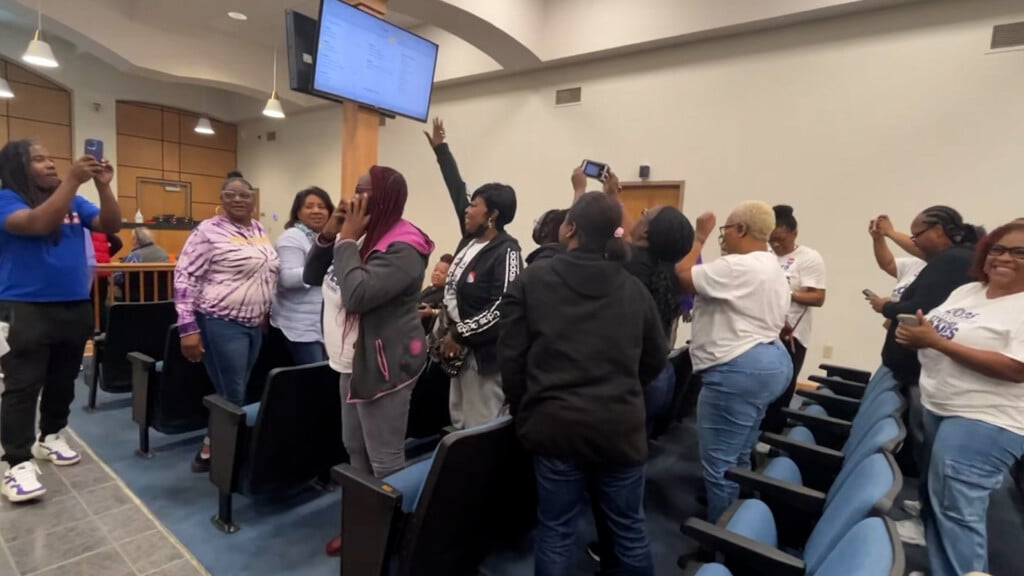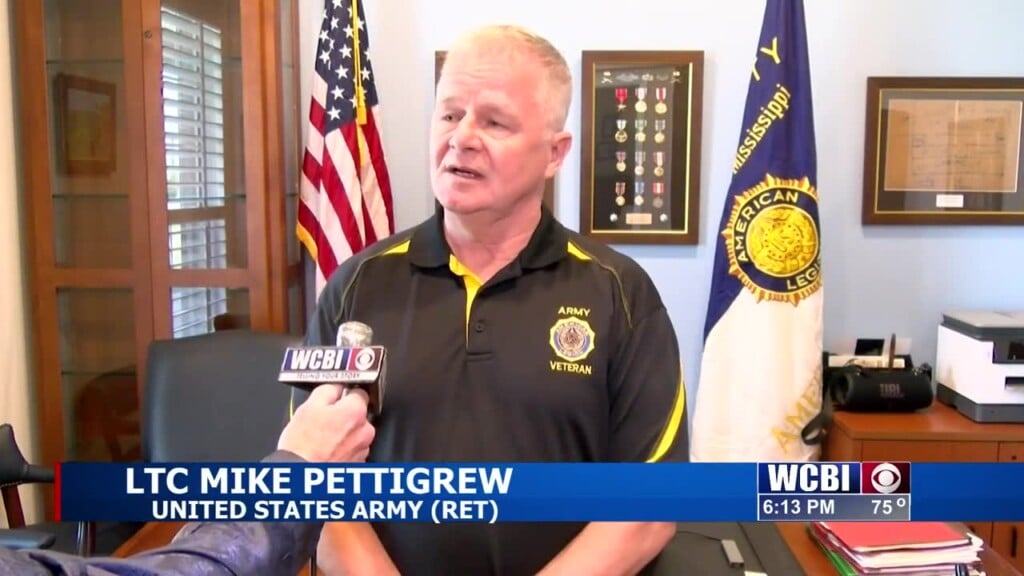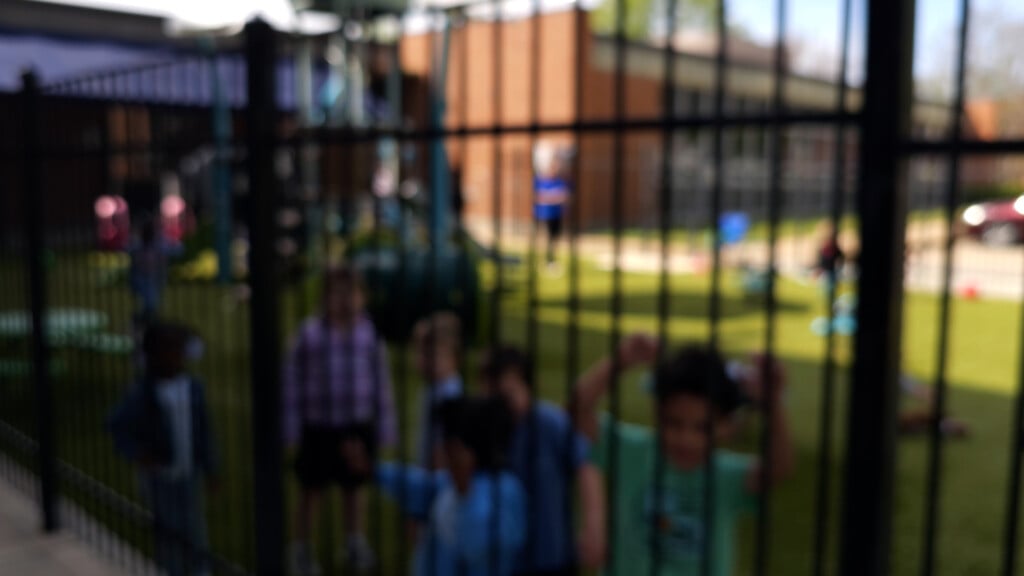Video: ‘Reflections’ Local Attorney Recalls Days Of Strife During Civil Rights Struggle
[bitsontherun uZBTfpCM]
TUPELO, MISS. (WCBI)–By the time Kenneth Mayfield entered Ole Miss in 1969, the story of James Meredith who integrated the university seven years earlier was a distant memory. But as Mayfield recalls, the playing field was not equal for African Americans at the school.
“Blacks were not allowed to play sports, no black professors, so we sent a list of demands, 27 to the university, ended up marching, going to Fulton chapel,” Mayfield said.
Mayfield was arrested for causing a disturbance. He was suspended from Ole Miss and transferred to Tougaloo College, then he went on to the University of Michigan Law School and graduated at the age of 22.
He trained as a civil rights lawyer in Jackson and moved back to Tupelo in June of 1974.
Mayfield made a name for himself filing, and winning a number of discrimination cases. Then, in 1976, he took the case of Eugene Pasto.
The African American had been arrested by Tupelo police on a bad check charge. When he was stopped, he was in the company of a white woman.
“That was something frowned upon certainly at that time,” Mayfield said.
Pasto called Mayfield, claiming police had beat him.
“I went and met with him and took some photos and he obviously had been beaten very badly,” he said.
A lawsuit was later filed, and a federal judge ruled that Pasto had indeed been beaten. Pasto was awarded $2,500 , but the African American community wanted the officers off the force. When that didn’t happen, organized boycotts of businesses began.
That took many business owners by surprise.
“They picketed, every Saturday, for well over a month they picketed our store and all of main street,” said Reed’s owner, Jack Reed, Sr.
The situation came to a boiling point in the summer of 1978 when the United League organized a march of African Americans, and the KKK organized its own march on the same day.
“We met on spring street near Springhill Missionary Baptist Church, KKK marched up the street in a northerly direction, we were headed in a southerly direction and this came as close to a serious confrontation as I have ever been in my life, because there was very radical blacks and were a lot of weapons,” Mayfield recalled.
Somehow, cooler heads prevailed and violence was averted.
Now, nearly 35 years later, Mayfield says a lot of progress has been made, and he is no longer bitter about how he and many others were once treated.
“In the early 1990s when my children were born, I promised God I was going to return and promised God to bring my children up in same type of Christian environment I came up in,” he said.
Mayfield says that led to a softening of his heart, and it also allowed him to forgive those who had wronged him. He encourages his kids, and others to never forget the past, but also to not be bound by those times.





Leave a Reply